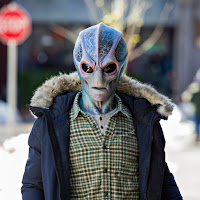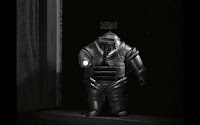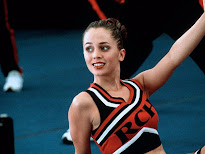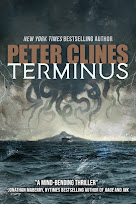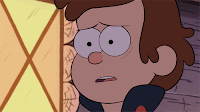So, rather than talk about writing, I wanted to spend a few minutes talking about doctors.
I’m guessing most of us have dealt with a doctor at some point in our lives. I know I’ve dealt with a bunch. General practitioners, sure, but I also had a long bout with a nose and throat specialist that ended with… well, a lot of stuff cut out of my head. I’ve also seen doctors for a pair of knee injuries that I’ve talked about once or thrice. And another doctor for one of those, well, men-over-a-certain-age examinations. And one of those led to another specialist doctor, and another surgery, where I believe a few other specialist doctors were in attendance.
That’s not even counting dentists and orthodontists. People like to make jokes, but they’re doctors too. When I finally fought my way out of poverty, well, my mouth was a mess. I hadn’t seen a dentist in over a decade. I’d had one tooth actually crumble in my jaw. Another one cracked in half. I probably count as a cyborg with all the metal and ceramic in my head now.
Plus, I had a high school biology teacher who was very firm that we call him doctor, not mister. He had a doctorate and he wanted to be sure everyone knew it. And I mean, most of my college professors were doctors. English literature, comparative literature, astronomy, art history, anthropology, and more. Hell, I had one anthropology TA who had his doctorate, he just couldn’t get a better position, job-wise.
Oh, and my friend Mary (credited in the back of several books) is a doctor, and she puts up with so many bizarre questions from me about drugs, injuries, zombies, stuff like that
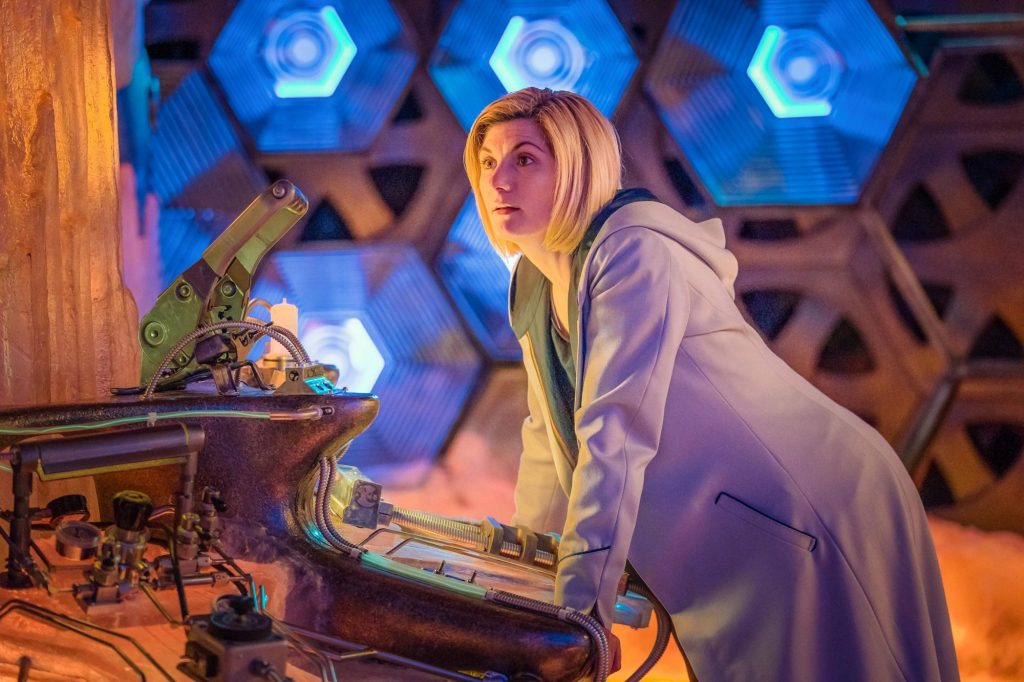
Point is, I’ve known a lot of doctors. You probably have, too. We all understand that doctor can mean a lot of different things. I don’t want an art history professor operating on my throat, and I probably have a better understanding of early American literature than my proctologist, even though he’s got a doctorate and I don’t.
And there’s nothing wrong with this. We’re not putting anyone down, we’re just acknowledging that doctor is a term that can mean a lot of very different things. The advice my dentist gives about, well, dental matters is not going to apply to art history. And vice versa.
Okay, yeah, I’m really talking about writing.
Structure is one of those things people talk about a lot, but so often it’s clear (to me, anyway) they don’t really know what they’re talking about. They’re that guy whining that their art history professor can’t treat cancer or Jill Biden isn’t really a doctor. They’ve chosen one definition for structure and they discard (or mock) anything that doesn’t meet said definition. One example I see a lot is folks railing against three act structure, but I’ve found most of them don’t seem really clear about what three act structure is. Especially in relation to other types of structure.
Structure can be confusing in writing because there are so many different types. Three act structure is a thing, yes. But so is dramatic structure. And linear structure. And narrative structure. And network TV shows and movies tend to have a four or five act structure (or even six in some cases) but that has to do less with storytelling and more with how many ad breaks said network insists on.
I think the problem some folks have is that when the idea of three act structure got more or less loosely codified, it became something they could point to. Especially people who… well, didn’t know what they were talking about. What was supposed to be guidelines suddenly became RULES. Solid, well-defined rules, which meant I could now say you were breaking the rules or following them.
The problem was, they were trying to apply the rules of three act structure on television’s five act structure. Or they’d insist narrative structure had to follow the rules for linear structure. Which, again, is like insisting Jill Biden isn’t a real doctor because she doesn’t do open heart surgery. Which would also apply to Dr. Mendelsohn, the guy at UCLA who spent several hours poking around inside my neck and skull, as mentioned earlier. He’s clearly not a real doctor.
(He is. He’s fantastic. Honestly saved my life)
Anyway… my point is, structure is a big umbrella with a lot of things under it. And if we want to get good at this, we need to understand the differences between them, but also how they work together to create a good story. I can’t just take one type of structure and say this is the only one that matters. Especially if I’m applying the basic rules of another type of structure to it.
Think of it this way (to use our doctor analogy again). Your body has a digestive system. And a nervous system. Circulatory, endocrine, skeletal, so many systems. We understand they’re all separate things that operate in different ways. The rules of one don’t apply to another.
But we also understand all these systems need to work together. Even on our basic, layman’s, non-doctor level we can see the places they overlap or brush up against each other. How changes to this one will affect that one.
And that’s how stories work. We’ve got several types of structure, each with their own individual rules, each working in their own way. But they rub up against one another, and this structure is going to affect that structure. Making some blanket, universal edict that covers all of them just shows I don’t really understand any of them.
And I need to understand them if I want to tell good stories.
Yeah, I’ve mentioned a lot of different types of structure. There are links to more detailed posts about almost all of them. Which also means I need to go clean up at least four or five older posts so they don’t look too chaotic when you click on those links.
Anyway, next time… I wanted to talk about getting the last word.
Until then, go write.


